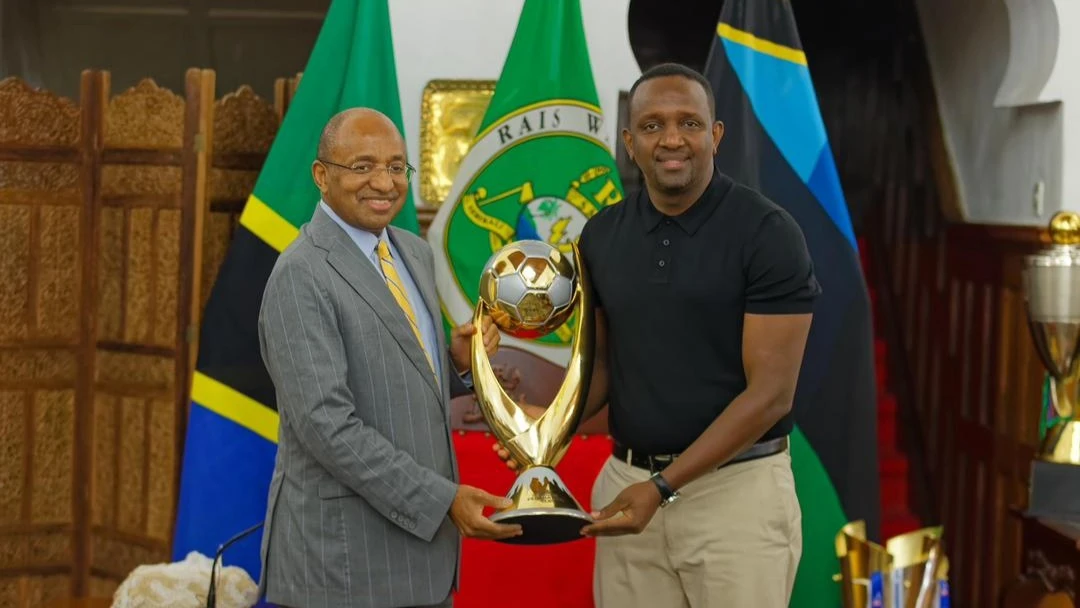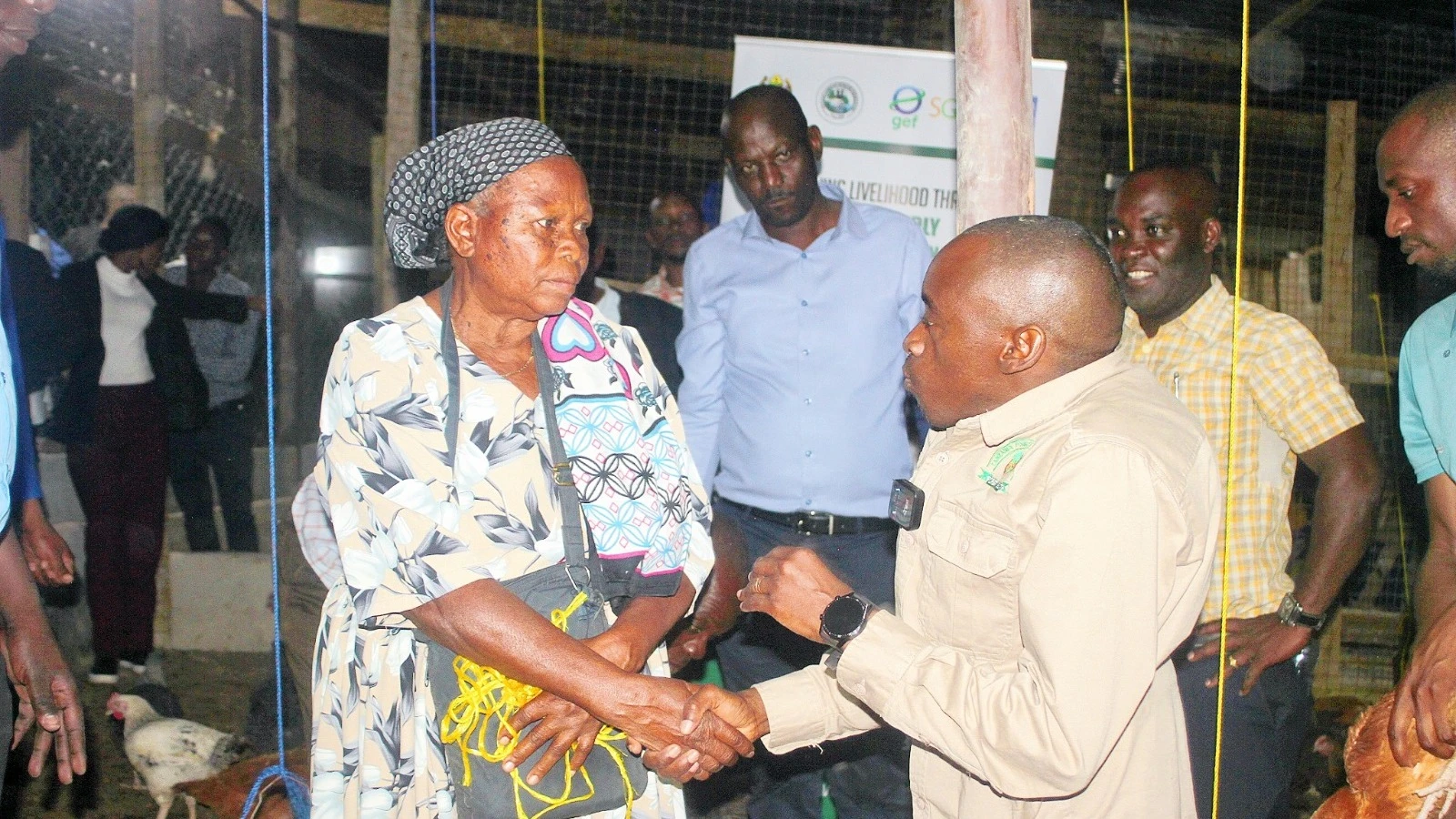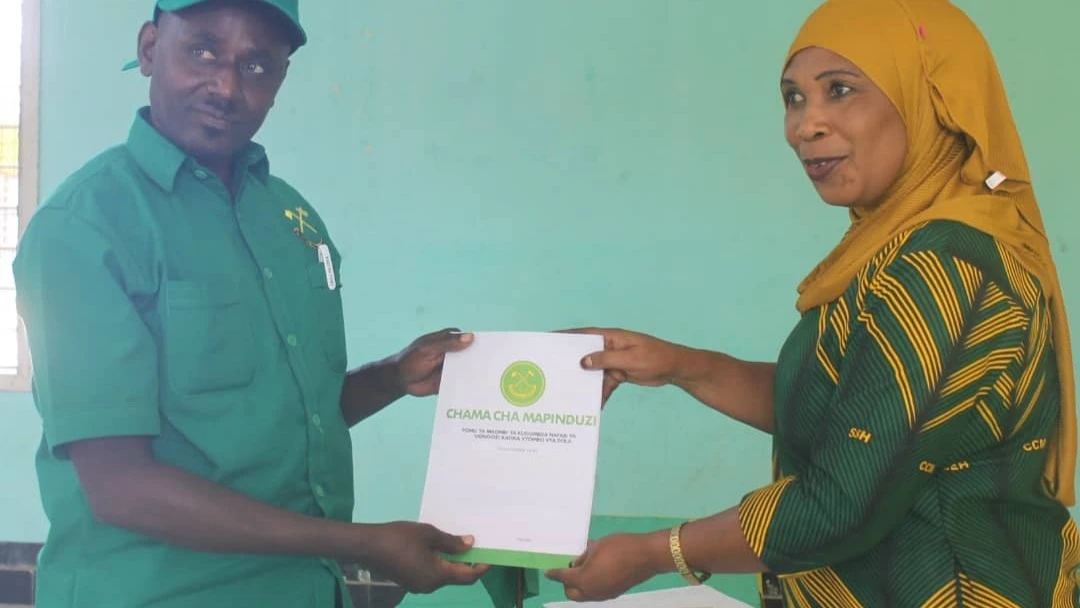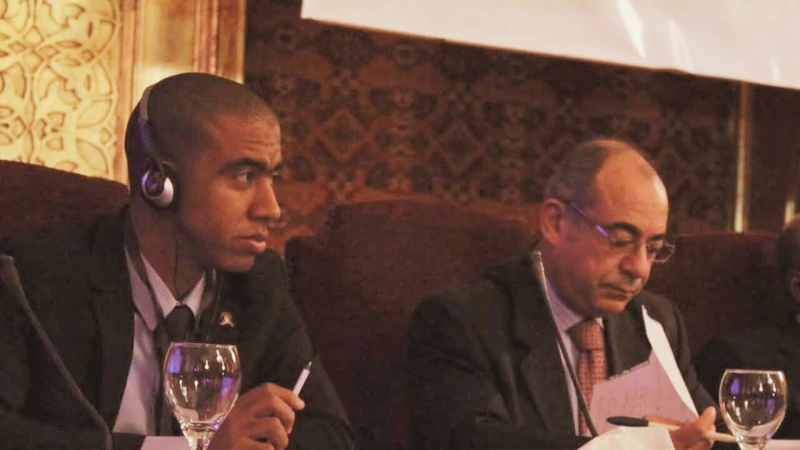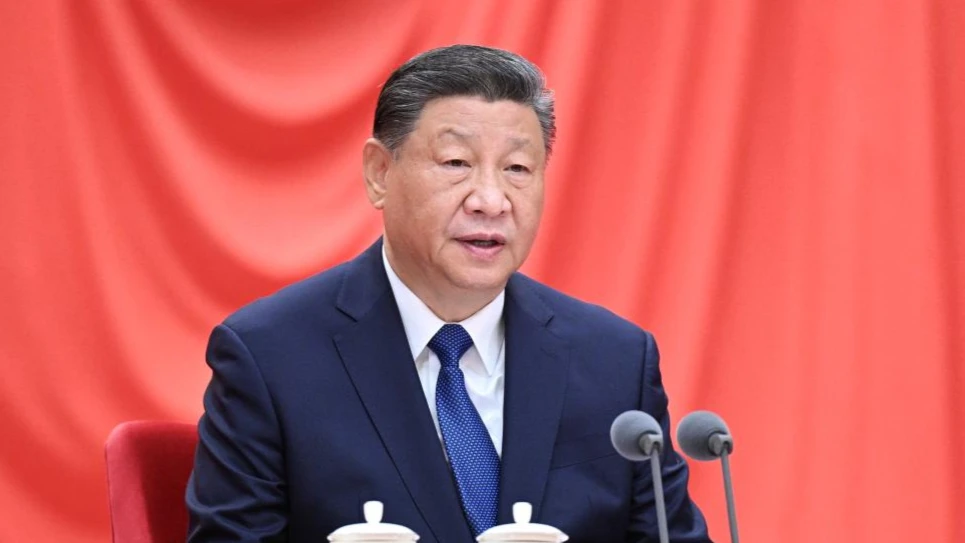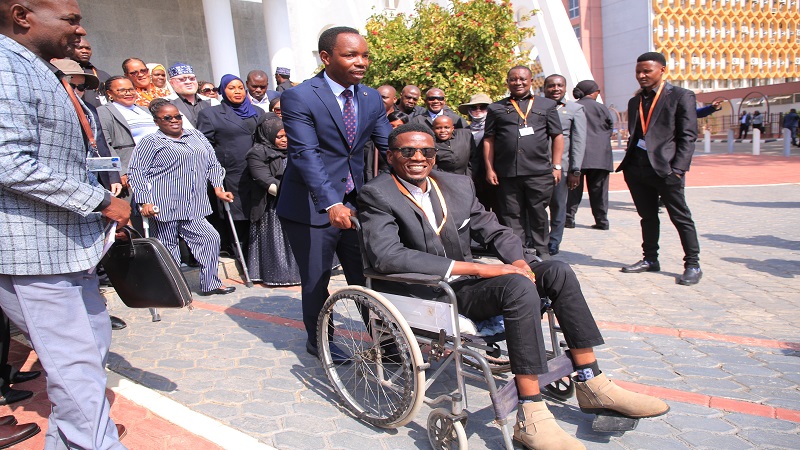Local experts chart new course for effective research communication
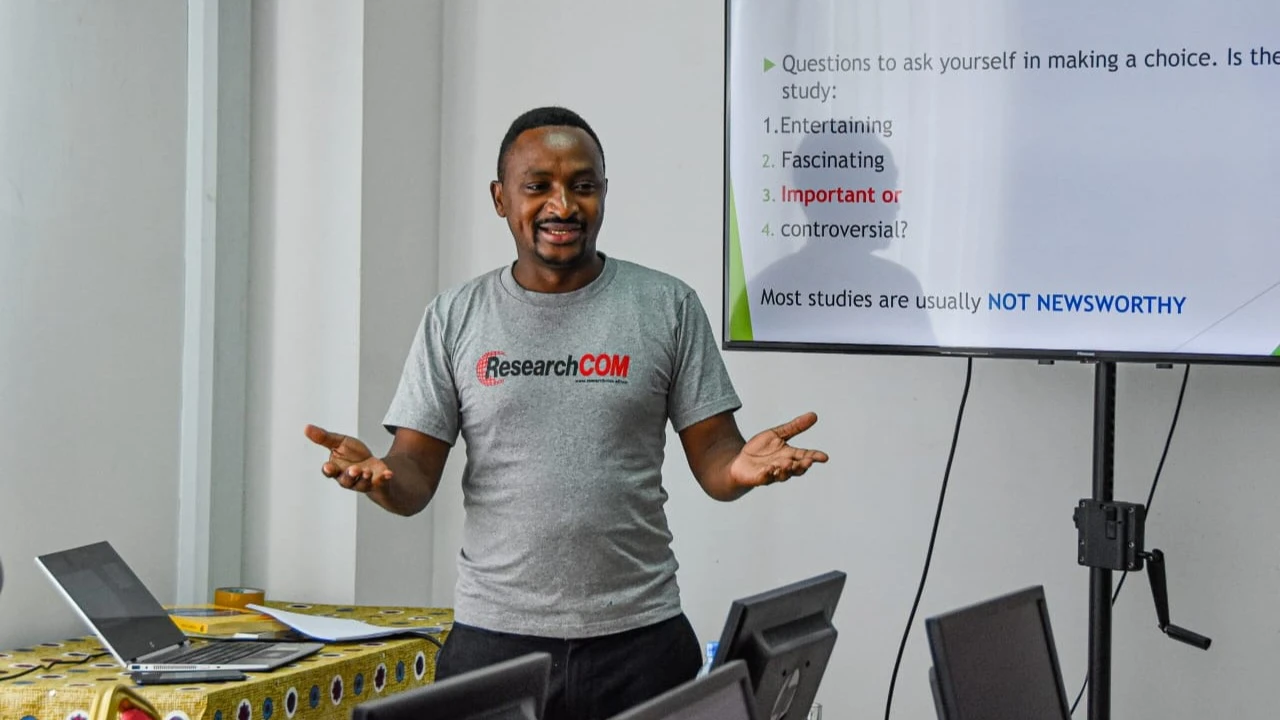
RESEARCHERS in the country now have a new tool to bridge the gap between academic findings and societal impact, thanks to a framework that aims to transform how research is communicated beyond scholarly journals—enabling better engagement with the public, policymakers, and communities.
The framework, titled “The Publish, Tell, Show (PTS) Framework for Effective Research Communication: A Step-by-Step Approach to Maximizing Societal Impact in Tanzania,” was unveiled yesterday in the latest edition of the Tanzania Journal of Sociology run by the University of Dar es Salaam (UDSM).
It introduces a structured three-phase model—Publish, Tell, and Show (PTS)—aimed at guiding researchers through a clearer path from publication to real-world change.
Developed by Tanzanian science communication expert and journalist Dr. Syriacus Buguzi, the PTS framework seeks to shift researchers' focus from traditional academic outputs to broader public engagement and policy influence.
“Many researchers still think that once they publish in journals, their job is done,” said Dr. Buguzi, who co-founded ResearchCOM, a firm supporting research communication in Tanzania.
“But that only reaches a limited audience. We need a full cycle of communication—from publishing to telling to showing the real-world value of the work.”
The PTS model addresses what Dr. Buguzi calls a major gap in the research process: the absence of a clear roadmap for communicating findings outside the academic community.
Although the idea first occurred to Dr. Buguzi during his early academic years, it was during his studies at the University of Sheffield in the UK from 2020 that he began fully conceptualizing and refining the model.
Since then, the approach has continued to evolve, informed by ongoing work with researchers and institutions in Tanzania.
The published paper in the Tanzania Journal of Sociology lays out the full methodology and practical steps behind the framework. It will be piloted later this year among local researchers, with plans to turn it into a national model for research communication.
The PTS framework defines effective research communication as a deliberate, sequential process comprising three non-negotiable stages:
Researchers begin by publishing their work in peer-reviewed journals or presenting it at academic conferences. While this phase lends credibility, it primarily reaches academic audiences and is considered the “crude phase” by the framework.
Next, researchers must translate their findings into plain language and disseminate them through mass communication platforms—such as local media, social media, or public forums.
This stage aims to reach broader audiences and move beyond what the framework calls “Uncommunicated Potential.”
Finally, researchers are encouraged to demonstrate the societal value of their work by using storytelling, policy engagement, and strategic partnerships. This phase focuses on influencing decision-making and driving tangible social change.
Dr. Buguzi said one of the biggest challenges has been researchers’ reluctance to engage with media or the public. “Many worry that putting their science out in popular formats sounds too much like activism,” he said.
“That scepticism has created a huge gap between the amazing knowledge researchers generate and the rest of the public.”
Co-author Dr. Philbert Nyinondi, a lecturer at Sokoine University of Agriculture, said the PTS framework is a carefully constructed approach, not just a catchy acronym.
“Each phase is deliberate,” he noted. “It’s about ensuring science contributes meaningfully to a more informed and equitable society.”
Prof. Karim Manji, Prof. Emeritus at Muhimbili University of Health and Allied Sciences, (MUHAS) praised the framework as a “great concept,” noting that it distills the complex process of turning research into action.
The introduction of the PTS model is being seen as a pivotal moment for Tanzanian research institutions, which have long lacked a tool for assessing progress in communication and societal relevance.
“Until now, researchers didn’t have a way to measure how far they had come in making an impact beyond academic publishing,” said Dr. Buguzi. “The PTS framework introduces that benchmark.”
He added that training and advocacy efforts are already underway to help researchers adopt the framework and integrate communication strategies into their projects from day one.
“This is not just a framework,” Dr. Buguzi emphasized. “It’s a call to action. It’s about changing mindsets—getting researchers to see themselves not just as knowledge generators, but as active contributors to national development and social transformation.”
The authors are now working to scale and adapt the framework across Tanzania’s research ecosystem, with the goal of embedding it in policy, academia, and the growing field of science communication.
Top Headlines
© 2025 IPPMEDIA.COM. ALL RIGHTS RESERVED










